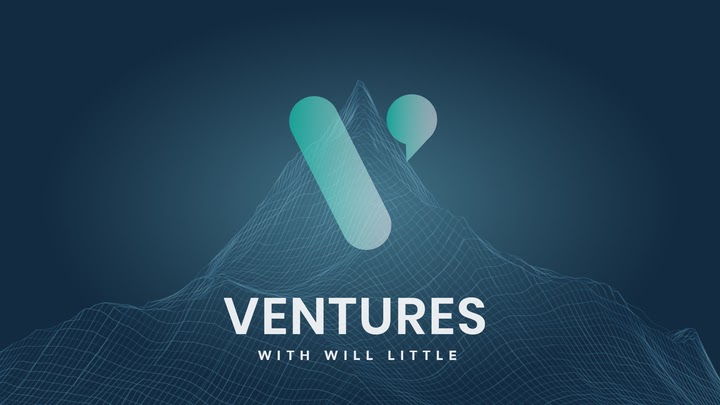Practical considerations when designing and forming a DAO :: with Spencer Graham and members of our Web 3 Product Manager Training DAO

In this episode of Ventures, a group of members from our Web 3 Product Manager Training DAO (Decentralized Autonomous Organization) asked Spencer Graham (https://twitter.com/spengrah) a series of questions about how and why to form a DAO. We talk about practical decision-making, governance, money transfers from a central treasury to pay for services, management and accountability for DAOs operators and contractors, “on-chain” vs. “off-chain” considerations, and legal/tax/regulatory concerns.
You can watch this episode below or listen on Apple Podcasts, Spotify, Google Podcasts, or wherever you get your podcasts (search for “Ventures”).
2:04 - tee-up, definitions, and motivation for this conversation on how/why to start a DAO in general, and this Web3 PM training DAO in particular.
4:25 - Spencer’s quick introduction and experience working in the DAO space. (Raid Guild and DAOHaus)
5:11 - Setting the stage for where this DAO is at, and where we should go next. Asking ourselves the question: “Is this the appropriate time to form an on-chain DAO?” // Starting with “why” and “what”
7:00 - The reason to form a DAO is to take collective action with common resources.
9:12 - What’s stopping us from just doing this internally? Vote on discord, etc… What is the warrant to move this on-chain?
11:30 - Will has been a founder in many companies and been the person to lead the charge, open the bank account, etc... and is interested in doing this training organization a different week.
12:14 - What is the currency that would be in our treasury if we formed a DAO w/ DAOHaus?
12:32 - We vote on things on-chain, proposals pass, etc… how do funds get transferred? How do we have accountability that passed proposals translate to actual funds?
15:08 - Question: in a traditional org there is a power dynamic where the founders control everything….how is this different in a DAO? What is fundamentally different w/ DAOs and Smart Contracts?
18:37 - Off-chain vs. on-chain visual metaphor comparing DAO proposals/voting to writing and pushing code -- i.e. commits vs. pushing those commits to a central repository.
21:04 - “If I’m a teacher in the DAO, I’m going to need to trust that my payment is coming to me….am I going to get nervous about it” // There are other ways to setup compensation. What is a best-practice way to pay someone who is contributing value to a DAO? “Streaming” funds to people (Super Fluid), or setting aside funds to pay someone.
22:56 - Considerations about how to practically keep performance accountability and payment movement...to keep operations moving within a DAO. Limit a smart contract so that funds either go back to DAO or to a specific address via a smart contract. Approve a few
24:39 - Regulatory, legal, & tax concerns…. questions for local government jurisdictions. Talking about employment collectives. E.g. Opolis (https://opolis.co/) ← simplifies tax issues and limits liability.
26:30 - Nuts and bolts about the legal and tax issues. (referring back to Opolis)
28:00 - Priya introduction and question about practical voting, voting fatigue, etc… what kind of use-case would be applicable for a DAO vs. traditional organization.
31:00 - Examples of cases when DAOs are not appropriate.
32:24 - Round-table, quick takeaways from this episode / conversation. Treasury management, regulatory, and storytelling.